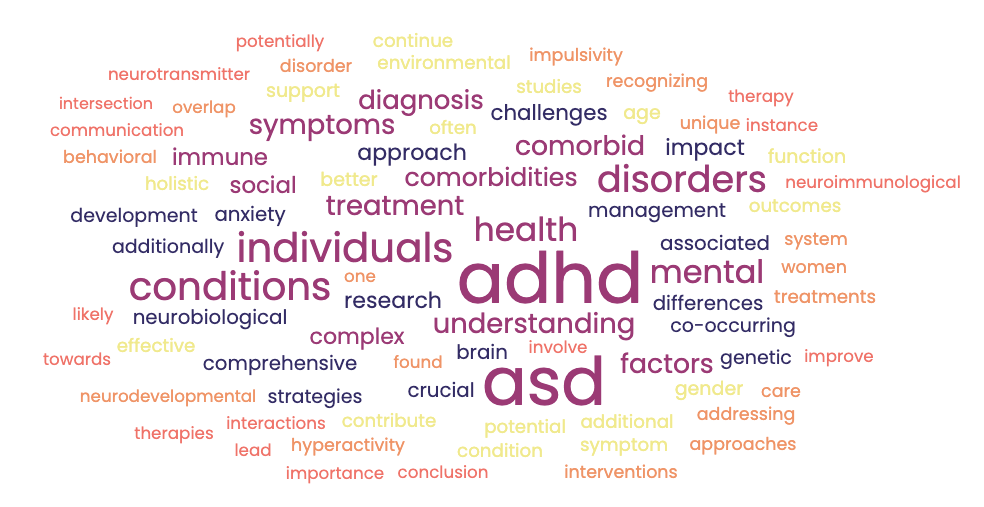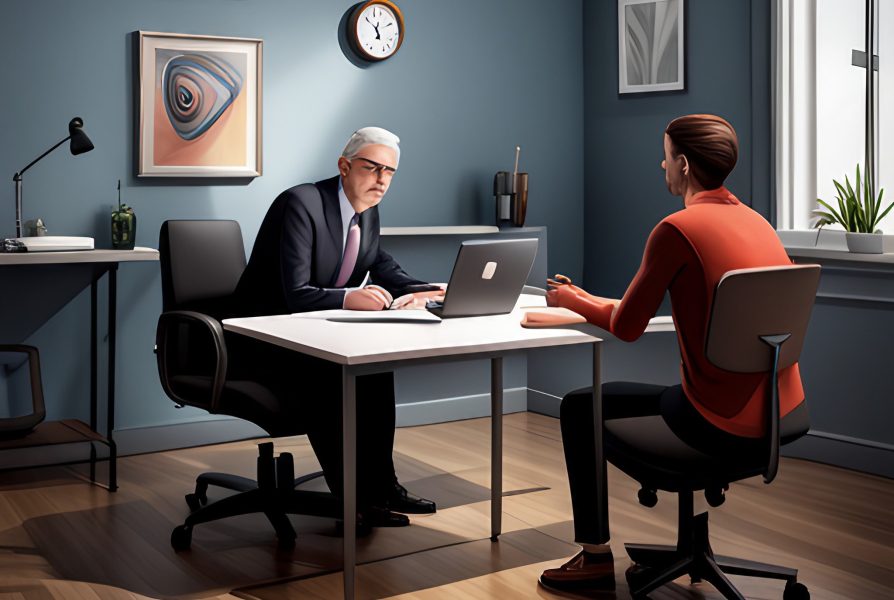When patients come to see me after a cancer diagnosis, we often spend time talking first about how disorienting a cancer diagnosis can be. What many find is that they were going along in their life on a particular path with some idea about what would be coming next and suddenly they find that life has taken a left-hand turn somewhere and they are now on a new path, not of their choosing. With this change in direction comes a range of emotions including fear, sadness, guilt, grief and anger. One of the predominant statements that patients make around the time of diagnosis is that they feel that they are traveling this new path in a way that feels out-of-control. One of the reasons for this out-of-control feeling is that there is simply so much new information to take in. There are a few things that you can do throughout treatment that can help manage this flow of information.
1. Get a small notebook and write down your questions. This strategy will help you ensure that you don’t forget any questions and also that you have a place to put those questions or concerns (both literally and metaphorically) when you don’t have your doctor in front of you to answer them.
2. Find some reliable resources that allow you to do some basic research on questions you may have. Stay away from general internet searches. There is a lot of bad information out there that can hurt more than it helps so try to stick with your doctor and well-respected sites for reliable information. Here is a list of resources that a trusted oncologist gave to me along with a few I have also found helpful:
– American Cancer Society www.cancer.org
– National Cancer Institute www.cancer.gov
– Tower Hematology Oncology Medical Group www.toweroncology.com
– MD Anderson Cancer Center www.mdanderson.org
– Leukemia and Lymphoma Society www.lls.org
3. Bring someone to appointments with you. Studies have shown that when you are experiencing high levels of stress and anxiety it can be difficult to process information. Because the initial appointments you have with your oncologist often happen when you are experiencing high levels of stress and cover material that is absolutely novel to most people, it can be extremely useful to have someone else who can help you to process the facts you have heard. Asking the person who comes with you to take notes on the appointment can be extremely helpful.
4. Start a cancer file. You will get a lot of written information. The best way to stay organized is to start a file that contains copies of all of your reports and scans. This will make it much easier to move this information from between different doctors and facilities.
5. Use other survivors, if that helps you to gain perspective on the journey. For many finding others who have walked a similar path is incredibly helpful and is a great way to find someone whose experience can be a useful resource in sorting all that you are learning about cancer. The most important thing to keep in mind any time you talk with others is that every person’s situation is different so try to avoid getting lost in places like internet discussions with others who may try to make general statements based on their own unique experience and can provide unhelpful information. Support groups can be a wonderful resource for helping you find other survivors and connect with them in a meaningful way. The support groups are often run by a professional therapist that can help keep the discussion on topic and focused on useful subjects. There are also organizations that can link you with survivors who have had a similar diagnosis.
Here are some resources:
– The Cancer Support Community www.cancersupportcommunity.org
– Livestrong www.livestrong.org
– Imerman Angels www.imermanangels.org
– American Cancer Society www.cancer.org
6. If you find yourself feeling so overwhelmed that you are having difficulty making decisions, your distress is so high that it is impacting your ability to stay engaged in the treatment process or you simply need someone outside of your friends and family to help you process your diagnosis, it is time to get some help. Find a professional therapist who is experienced in working with cancer patients. This therapist can help you to decrease your level of distress and can be a wonderful sounding board as you process the new information you are learning about your own diagnosis and treatment course.
As you move along in your cancer journey, you will find that it gets easier to take in all of the medical terminology and the large number of facts being presented to you. Although you did not plan to become an expert in cancer, you will find that you will develop a new knowledge base about your diagnosis and treatment protocol over time that will make it easier to navigate discussions with your providers. For now, it is important to keep in mind that this information is brand new and it is perfectly normal to feel overwhelmed, numb, angry, confused and frightened. Try using the strategies and resources presented in this post and do not be afraid to ask questions as many times as you need to in order to understand your options.








